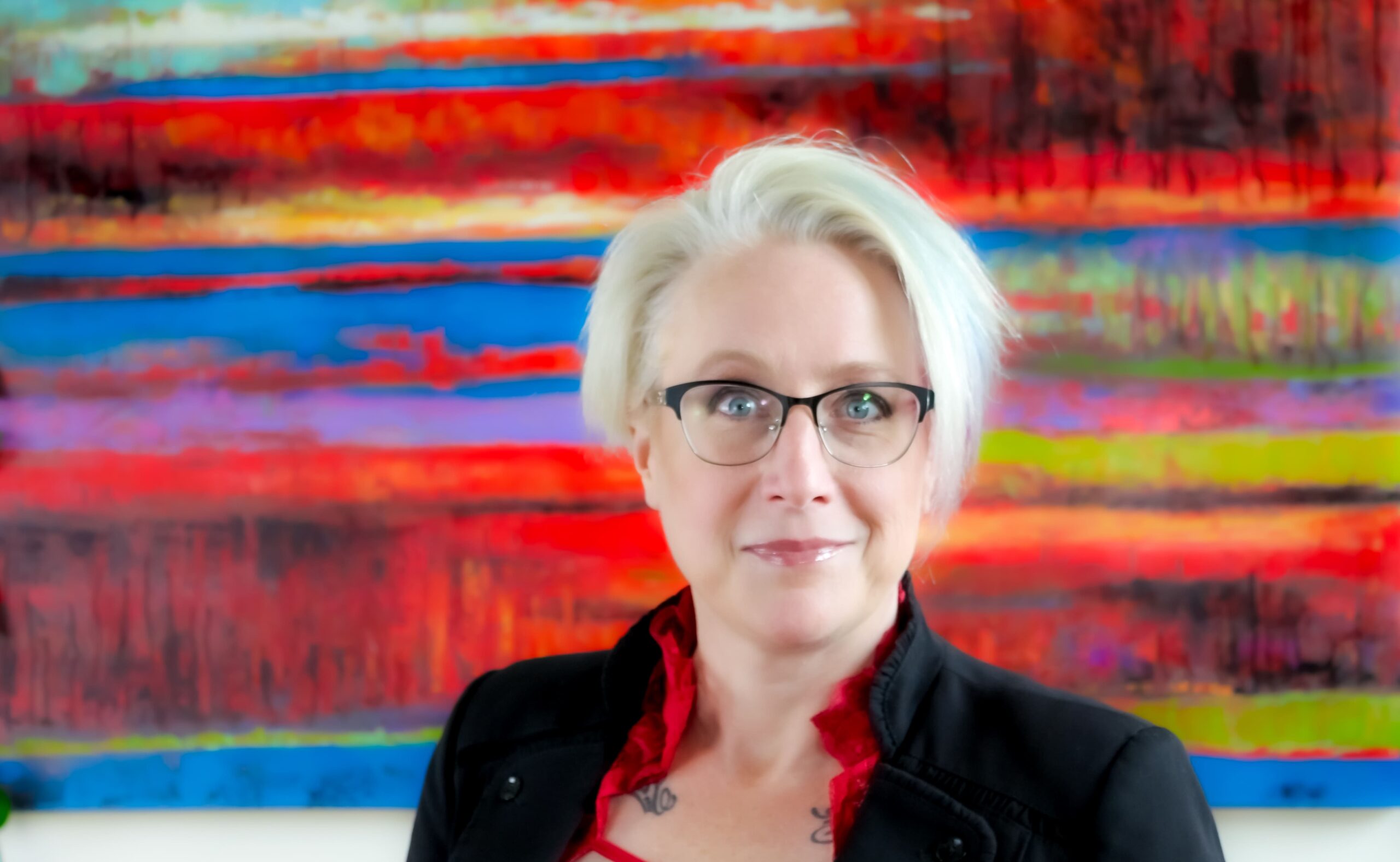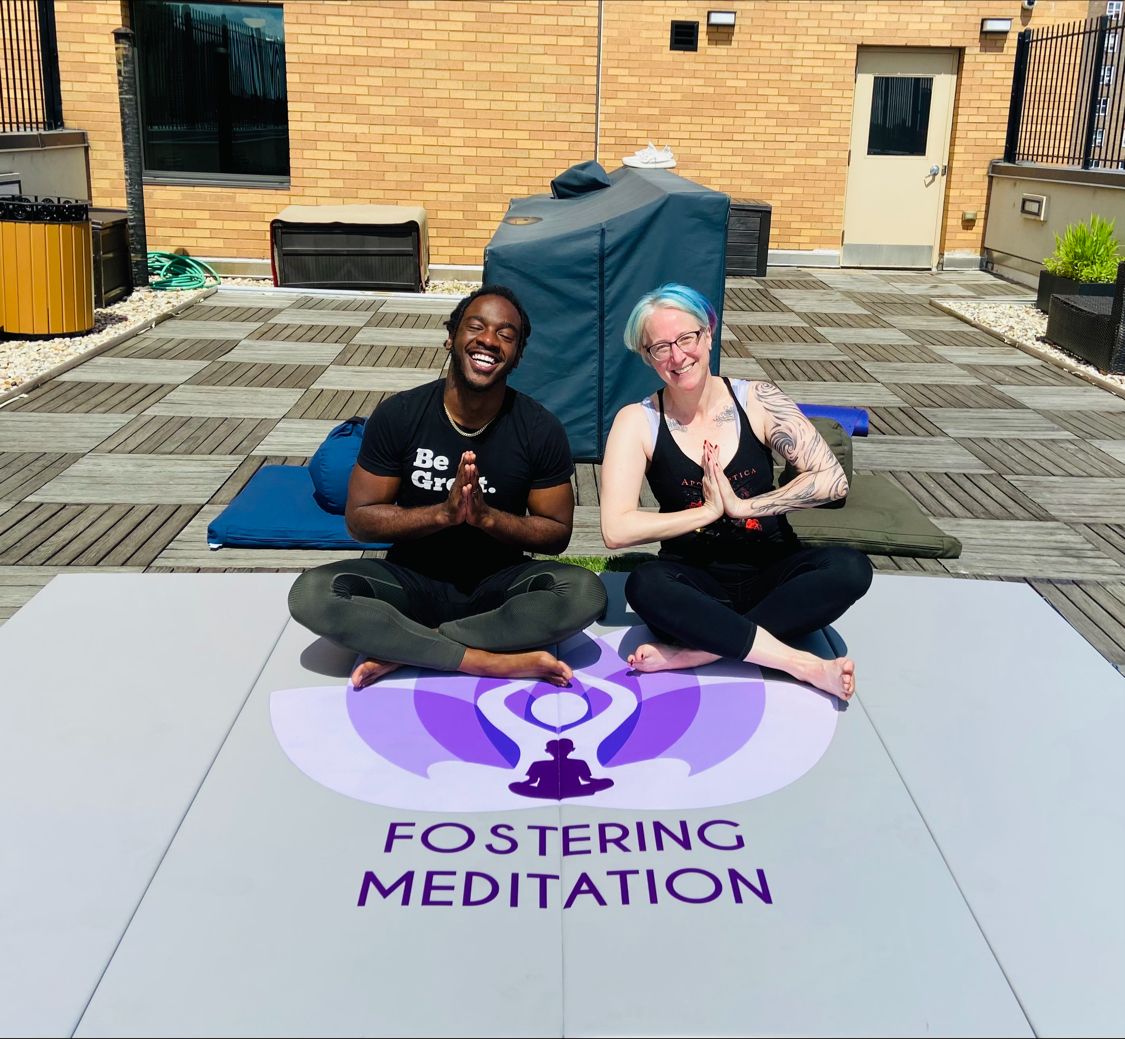Dawn J. Post, Esq.
Child Welfare Expert
Collaborator and Reformer
Promoting cultural competence to address the underlying issues of poverty and social exclusion based upon race and socio-economic status in the legal and foster care systems in the United States
Dawn’s Story
Dawn has led extensive research and co-authored substantial law review articles, relying heavily on the voices and experiences of impacted foster and adopted youth. These articles and the campaigns that followed resulted in changes in policy, practice and law not only in NY but nationally as well.
Working in the trenches in child welfare, it may feel overwhelming to collaborate or think about systemic change as offices deal with limited staff and resources, crushing demand and high caseloads, where it is an effort to just get through the day to day. However, systemic change is possible!
Dawn is an experienced and passionate child welfare expert

From the Trenches
Systemic Improvement
Dawn has successfully built a reflective component in a client practice, effectively using trial advocacy, data collection and collaboration to affect policy outcomes and accountability with all the stakeholders working with children locally and nationally. Contact Dawn to learn more about what she can do.
Can you Hear Me?

Dawn is proud to support the revolutionary work of former foster youth and fellow advocate Demetrius Napolitano as a board member for Fostering Meditation.
The Youth Voice
As an attorney for children, Dawn firmly believes in the concept of giving a child a strong and effective voice in a legal proceeding that has a critical impact on his or her life. Who but the child can offer the best perspective about what it means to be in their shoes. Time and again, experience shows that children, even very young children, given the time and opportunity, demonstrate not only that they have views, experiences and perspectives to express, but that their expression can contribute positively to decisions that directly affect them and their wellbeing.
But beyond individual advocacy, we must listen and learn from our clients in order to effectuate systemic change. Every state has committees, subcommittees and working groups focusing on policy changes in foster care. But are foster or former foster youth at the table? More than likely, they are not. But they need to be. The greatest lesson I learned from working with youth in discussing challenges and solutions in the child welfare system is that their views, experiences and perspectives should be heard to contribute positively to decisions that directly impact the quality of foster care.
Let’s not only be transformed individually, but transform our practice. And the first step is bringing youth to the table in decision-making.
The Revolving Doors of Family Court
Broken Adoptions
While it is often easier to focus on the majority of successful adoptions, it is important for adoption and child welfare advocates to look closely at the cases in which adoption did not result in the lasting permanency every child needs and deserves resulting in broken adoptions. Family court systems are a revolving door for adolescents who have been adopted and are struggling with mental health issues, behavioral issues, conduct and attachment disorders, and identity exploration and formation.
Nationwide 12 adoptions fail every day according to a recent investigation by USA Today. In it, researchers estimate that “more than 66,000 children adopted in the U.S. from 2008 to 2020 ended up in the foster care system after their adoptions failed,” including children who were adopted privately, internationally, from foster care or through relative adoptions. This does not take into account the large numbers of adopted children who live with another guardian or are homeless.
Dawn strives to not only raise awareness around these relationships but seeks to effectuate change in practice across the country to ensure that youth find true permanency through relationships of unconditional commitment and support.
Bad Intentions Unfortunate Realities
Adoption Subsidy Misuse
It is not uncommon for adoptive parents to continue to receive the adoption subsidy while providing little to no care to their adopted children. Broken adoptions and adoption subsidy misuse are not unknown. But given the lack of solutions on a federal level, there are no safeguards in place to ensure subsidy misuse doesn’t take place. While it’s past time for a legislative fix, for now child support proceedings can be used strategically to ensure adoption subsidies benefit the children they were intended for rather than simply supplement the adoptive parent’s income.
Are You Still My Family?
Post-Adoption Sibling Visitation
Sibling relationships are often stronger than ones with parents. Upon removal or adoption, children’s feelings of helplessness are often compounded by their perception that they are being punished for their parents’ actions and inadequacies. These relationships need to be protected and nurtured. As a result of Dawn’s advocacy focus on post-adoption sibling visitation with emphasis on youth voice based upon interviews conducted across the country, the NYS legislature officially recognized siblings’ relationships post-adoption and orders can be issued under the third-party statute. Dawn strives to not only raise awareness around these relationships but seeks to effectuate change in practice across the country, as well as pursue court orders on behalf of individual clients.
